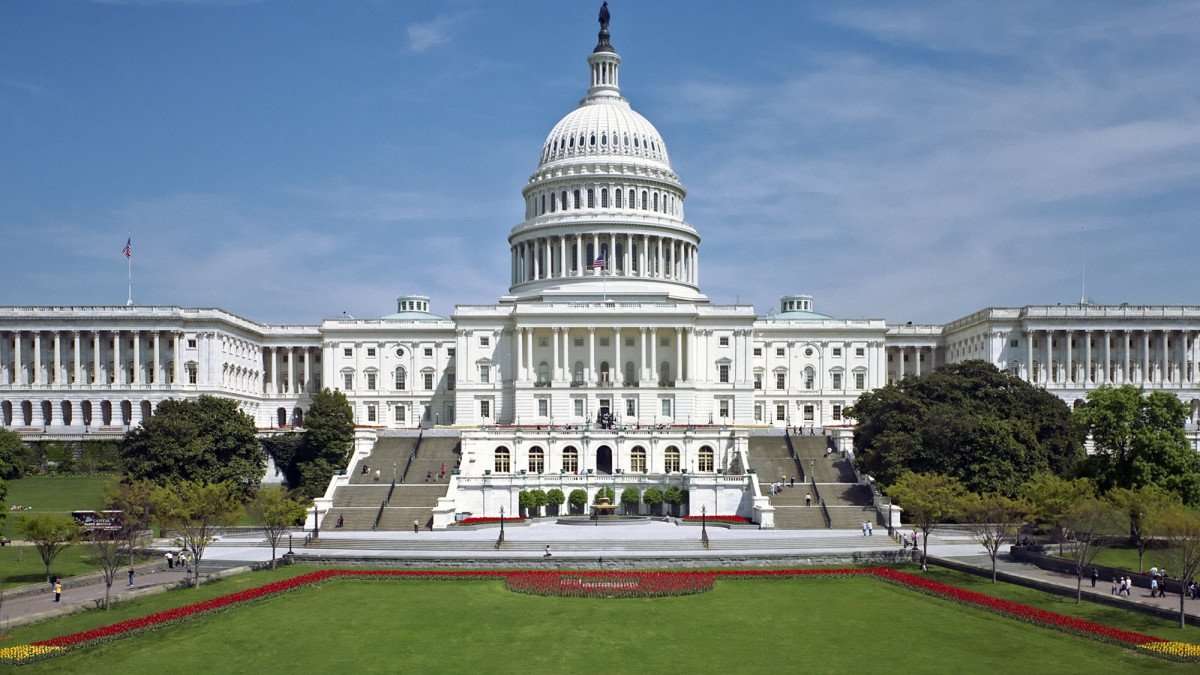Would restore net neutrality rules, require opt in for personal info use
Rep. Ro Khanna (D-Calif.) has proffered an opt-in centric "Internet Bill of Rights" for ISPs and edge providers that Khanna says was based "in part on the input provided during conversations with" a Who's Who of edge providers including Amazon, Apple, Google, Twitter, Facebook and others.
It consultation equates with support, the edge has gone all in for opt in. Khanna's district includes parts of Silicon Valley.
In rolling out the list, Khanna included a shout out from World Wide Web founder Tim Berners-Lee: "This bill of rights provides a set of principles that are about giving users more control of their online lives while creating a healthier internet economy."
Here is the list Khanna's office e-mailed to B&C/Multichannel News (after first handing it to The New York Times). The bracketed materials are B&C/Multichannel News editorial notations.
(1) "To have access to and knowledge of all collection and uses of personal data by companies;
(2) "To opt-in consent to the collection of personal data by any party and to the sharing of personal data with a third party; [The definition of "personal" would be crucial.]
(3) "Where context appropriate and with a fair process, to obtain, correct, or delete personal data controlled by any company and to have those requests honored by third parties [that is the "erase button" that both Sen. Ed Markey (D-Mass.) and Rep. Joe Barton (R-Tex.) advocated for kids' online data for years.
(4) "To have personal data secured and to be notified in a timely manner when a security breach or unauthorized access of personal data is discovered;
(5) "To move all personal data from one network to the next;
(6) "To access and use the internet without internet service providers blocking, throttling, engaging in paid prioritization, or otherwise unfairly favoring content, applications, services, or devices. [effectively restoring the FCC's network neutrality rules].
(7) "To internet service without the collection of data that is unnecessary for providing the requested service absent opt-in consent;
(8) "To have access to multiple viable, affordable internet platforms, services, and providers with clear and transparent pricing;
(9) "Not to be unfairly discriminated against or exploited based on your personal data [no digital red-lining];
(10) "To have an entity that collects your personal data have reasonable business practices and accountability to protect your privacy."

kJer on October 5th, 2018 at 16:07 UTC »
Throttling aside, I would like to hear more talk about ISP's not manipulating data and being a cold tap for data. ISP's want a) more and more visibility into what their customers are doing and b) use that information against them for profit. I understand they're a business but I expect my coax to operate like any other utility, unadulterated and at full capacity (and you should too!).
If you give them an inch, they will want a mile and that mile will creep up on you with little things that we already are living with.
Your ISP will provide you with hardware backdoored for their own use to automatically change settings to your connection. This is regularly used to reset DNS settings (daily) to their own servers and not provide you with any better protection or service. This ability to bypass security can open your home connection to manipulation from the rest of the world if your ISP doesn't care to protect you.
Currently, using network hardware (router/modem) not provided by your ISP is a privilege and not a right. The can decide on a whim that your hardware is artificially incompatible (it isn't) and render your own property useless (it's not).
Why aren't we talking about Net Neutrality to include language requiring ISPs to ask permission to alter your data and hardware. By default, an ISP should request access and permission instead of assuming and forcefully taking it.
juancarlosiv on October 5th, 2018 at 12:52 UTC »
Unless you make it illegal to require opt-in to use a service then it's pointless legislation.
Natanael_L on October 5th, 2018 at 11:59 UTC »
Look interesting, but it's far too abstract. I want to see more examples of how this is meant to be implemented, because right now it's quite vague.